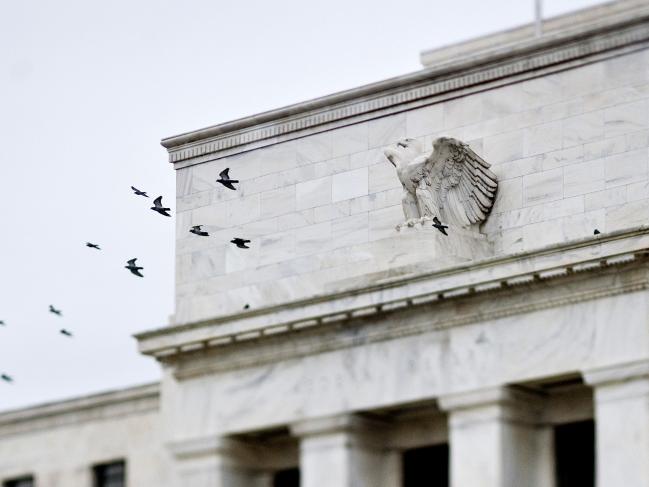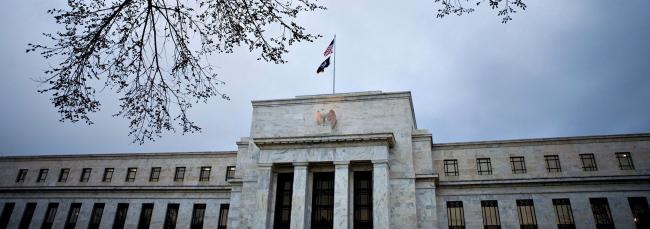(Bloomberg) -- Climate change is a threat that risk managers can’t ignore, warned a senior official from the U.S. central bank.
“The U.S. economy has experienced more than $500 billion in direct losses over the last five years due to climate and weather-related events,” Federal Reserve Bank of New York Executive Vice President Kevin Stiroh told a risk forum on Thursday at the bank.
Disasters from devastating wildfires in California to storms pounding Eastern Seaboard cities have pushed climate change higher on the U.S. agenda, even as President Donald Trump formally begins withdrawing the country from the Paris climate accord.
The New York Fed took care to spell out that it was not turning into a climate activist.
“Supervisors should take a risk management perspective, not a social engineering one. It is beyond our mandate to advocate or provide incentives for a particular transition path,” Stiroh said, noting that the threat could be boiled down into two types of risk:
- Physical risk, arising from potential for losses as climate-related changes disrupt business operations, destroy capital and interrupt economic activity.
- Transition risk, with the potential for losses resulting from a shift toward a lower-carbon economy as policy, consumer sentiment and technological innovations impact the value of certain assets and liabilities.
Stiroh’s prepared remarks did not venture into a discussion on central banks pointing their asset purchase programs toward green bonds, as has been suggested, with new European Central Bank President Christine Lagarde hinting she might be open to the idea once she had more information.

